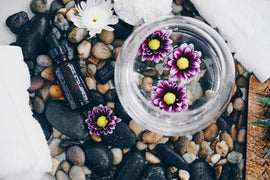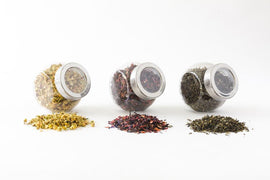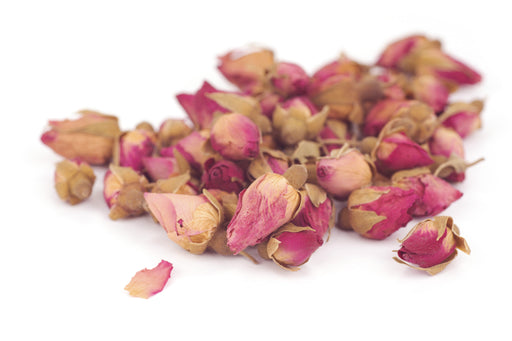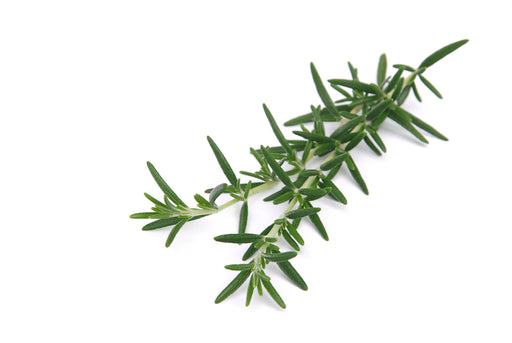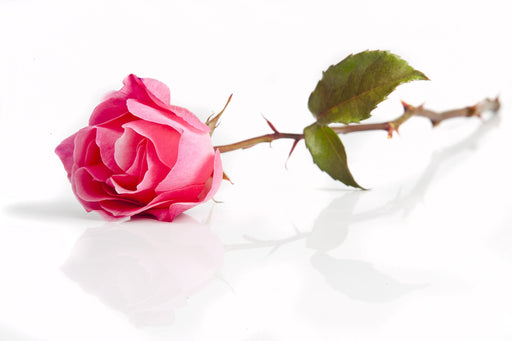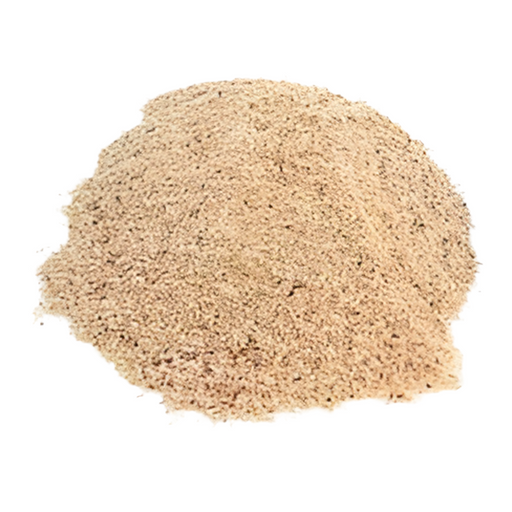Rose Geranium Essential Oil (South Africa)
Active Ingredient: Geraniol: 13% , Citronellol: 21%
Botanical Name: Pelargonium capitatum x radens
Plant Part: Herb
Extraction Method: Steam Distilled
Origin: South Africa
Description: This plant is a perennial hairy shrub growing up to 1 meter high. The leaves are covered with long, soft hairs of variable density and with pink flowers. This plant flowers from September to October and is indigenous to South Africa. The leaves and stalks are used for extraction, and the oil is obtained through steam distillation.
Color: Pale yellow to greenish olive liquid.
Common Uses: As one of the few oils with the ability to both uplift and sedate, Rose Geranium works profoundly on the emotions. It works wonders in skincare remedies and can be used to help in the treatment of the following: acne, bruises, burns, cuts, dermatitis, eczema, hemorrhoids, lice, mosquito repellent, ringworm, ulcers, edema, poor circulation, sore throat, tonsillitis, PMS, menopausal problems, stress and neuralgia. It can be used to remedy digestive ailments, kidney and bladder disorders and has traditionally been considered as an astringent.
This variety of Rose Geranium is one of the most fragrant specie and the oil is used in to perfumery and cosmetics industry as it can be made to imitate many fragrances and is often used to 'stretch' the much more expensive oil of rose.
Consistency: Thin
Note: Middle
Strength of Aroma: Strong
Blends well with: Angelica Root, Basil, Bergamot, Carrot Seed, Cedarwood, Citronella, Clary Sage, Grapefruit, Jasmine, Lavender, Lime, Neroli, Orange, and Rosemary.
Aromatic Scent: A richly, warm and sweet floral scent, Rose Geranium is not replacement for real rose oil. Adding it to any rose formula to enhance the rose accents and reduce the amount of the more expensive real rose oil.
History: The plants originated from South Africa as well as Reunion, Madagascar, Egypt and Morocco. They were introduced to European countries such as Italy, Spain and France in the 17th century. In native Africa the herb teas was drunk to cure stomach upsets and stop internal bleeding. Throughout the centuries people have cultivated the plants around their homes to keep evil spirits at bay.


















































































